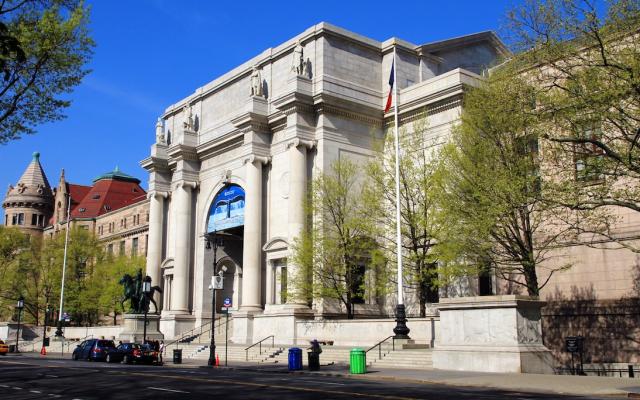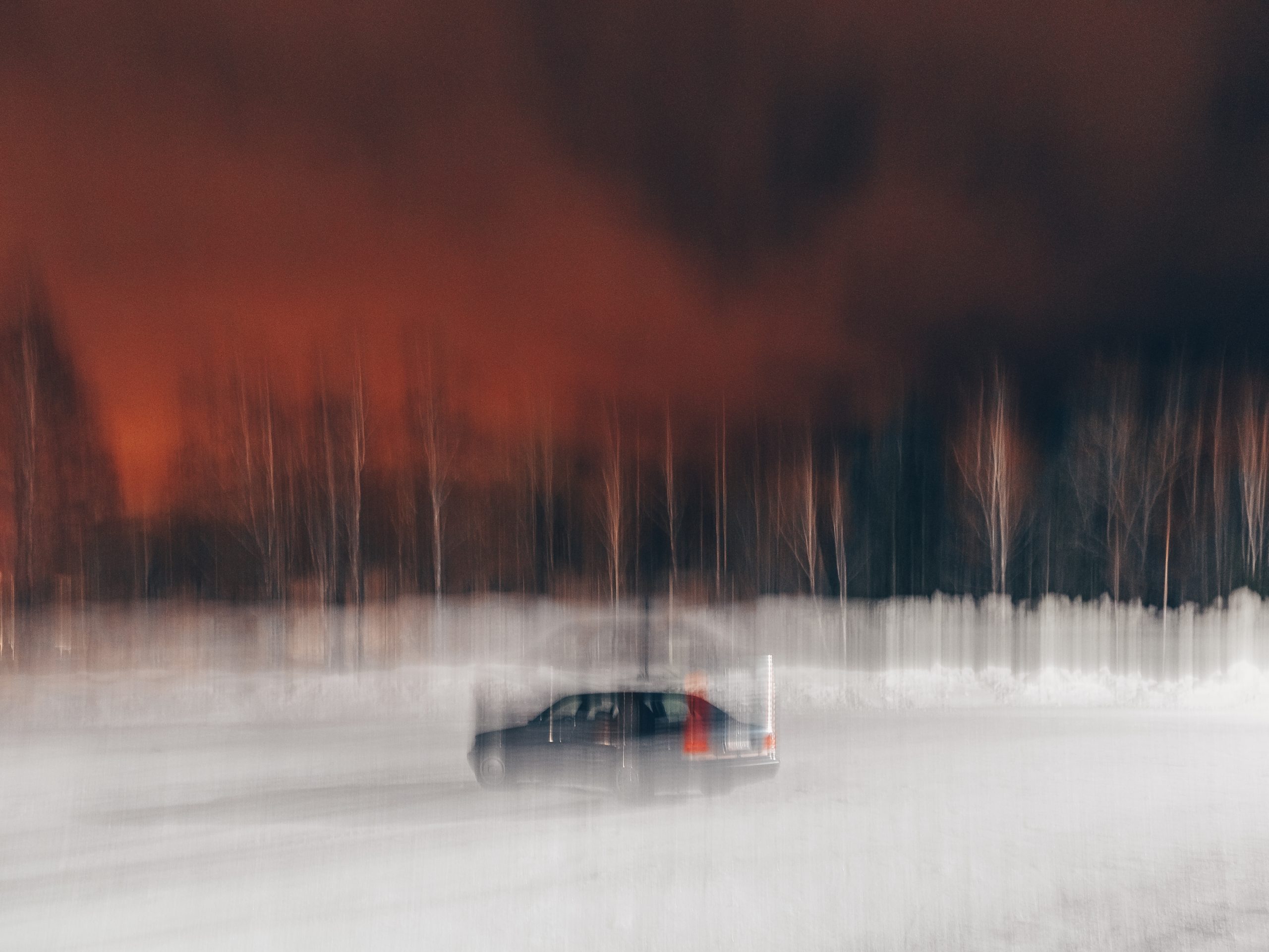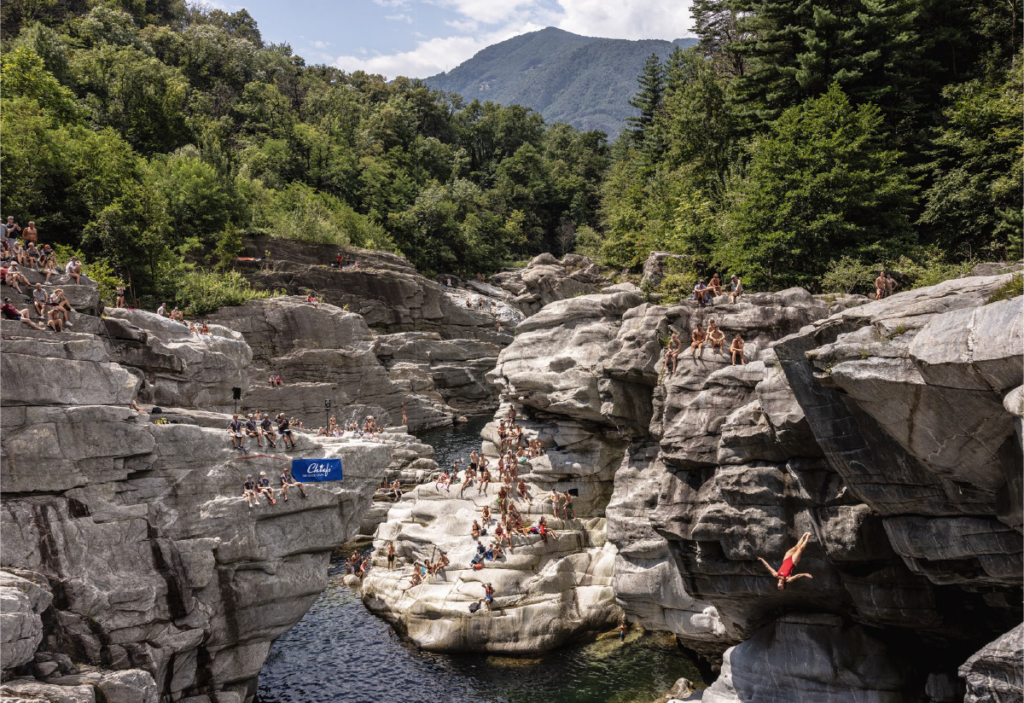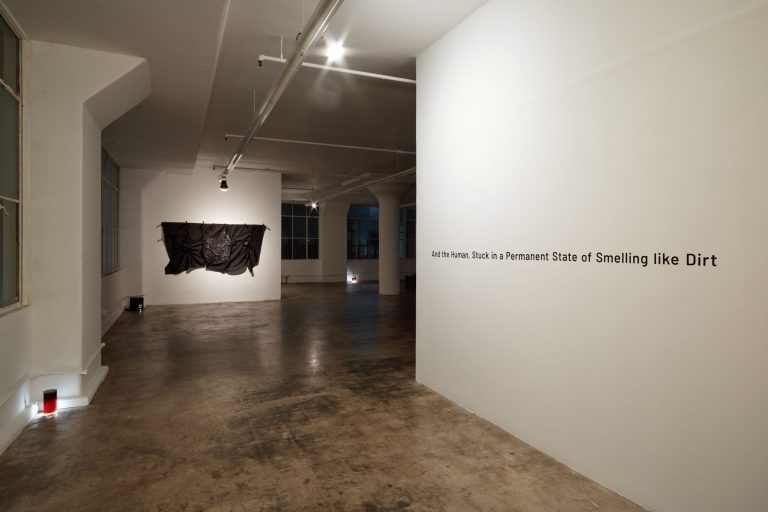Los rastreadores
2014 - Film & Video (Film & Video)
23:00 minutes
Claudia Joskowicz
Los rastreadores is a two-channel video by Claudia Joskowicz narrating the story of a fictitious drug lord, Ernesto Suarez, whose character is based on the well-known Bolivian drug dealer, Roberto Suárez. In the video, Suarez returns home from prison and survives a massacre that takes place at his home in Bolivia. Told in four chapters, the story is inspired by John Ford’s American Western classic film The Searchers (1956), this work similarly focuses on the politicized atmosphere of Bolivian history, searching for cues of race and alienation. Bringing together a Nazi officer, a Bolivian drug lord, and indigenous peoples of Bolivia—perceived to be inferior by mestizos and people of European origin—in one story, Joskowicz exposes the hidden power relationships and hierarchies of Bolivia’s history, problematizing race and class.
Claudia Joskowicz is a video and installation artist working at the intersection of landscape, history, and memory. Her works form unsettling scenes that reimagine public and private histories of Latin American individuals and communities. Blurring the line between documentary and fiction, these works often involve violent images to bring traumas to the present, and to offer a moment of catharsis for the ones who were affected by these incidents in some way. In her works, Joskowicz intentionally gives a great amount of power and agency to the camera, reminding the viewer of their passive role in the construction of history. In this way, the artist critiques technology as a medium that easily manipulates one’s interpretation of history, controlling what gets to survive in the public collective memory. As Joskowicz’s camera wanders around the landscape, or focuses on one of the protagonists in her stories, the rest of the scene—and with it, other possible perspectives—fall into the dark, constructing yet another subjective historical narrative. It’s easy to focus on the slow movement of the camera more so than the actual event being recorded, which Joskowicz harnesses to remind her viewers that history is man-made. When texts or events are taken out of their context and technology is present to create an imaginary cinematic space, any narrative is possible.
Colors:
Related works sharing similar palette

© » KADIST
John Lucas and Claudia Rankine
2018Historically, blondeness has been a signifier for desirability and beauty, speaking to “purity” — the purity of whiteness — like no other bodily attribute except, perhaps, blue eyes...

© » KADIST
Gregory Halpern
2016Gregory Halpern spent five years shooting ZZYZX , and another year editing the results, from an estimated thousand rolls of film, about half of which were shot in the final year after his Guggenheim Fellowship enabled him to live in California...

© » KADIST
Jonas Bendiksen
2021For his project Book of Veles artist Jonas Bendiksen travelled to the small city of Veles in North Macedonia, inspired by a series of press reports starting in 2016, that revealed Veles as a major source of the fake news stories flooding Facebook and other social media sites celebrating Donald Trump and denigrating Hillary Clinton...

© » ARTNEWS RETROSPECTIVE
Howardena Pindell on the Exclusion of Black Artists in the 1980s – ARTnews.com Skip to main content By Alex Greenberger Plus Icon Alex Greenberger Senior Editor, ARTnews View All January 14, 2021 1:13pm ©ARTnews Over the past several years, museums and galleries have made concerted efforts to show work by Black artists, responding to growing calls for equity...

© » WALLPAPER*
Ikea Dajlien collections marks the company's wellness debut | Wallpaper The Ikea Dajlien collection, mixing wellness and training equipment with a domestic-led approach (Image credit: Courtesy Ikea) By Maria Sobrino published 11 December 2023 If you think Ikea has conquered every facet of our lives, think twice - think home training as well...

© » LITHUB
Embracing Uncertainty: In Defense of Question-Seeking Criticism ‹ Literary Hub Craft and Criticism Fiction and Poetry News and Culture Lit Hub Radio Reading Lists Book Marks CrimeReads About Log In Literary Hub Craft and Criticism Literary Criticism Craft and Advice In Conversation On Translation Fiction and Poetry Short Story From the Novel Poem News and Culture The Virtual Book Channel Film and TV Music Art and Photography Food Travel Style Design Science Technology History Biography Memoir Bookstores and Libraries Freeman’s Sports The Hub Lit Hub Radio Behind the Mic Beyond the Page The Cosmic Library Emergence Magazine Fiction/Non/Fiction First Draft: A Dialogue on Writing Just the Right Book Keen On Literary Disco The Literary Life with Mitchell Kaplan The Maris Review New Books Network Open Form Otherppl with Brad Listi So Many Damn Books Thresholds Tor Presents: Voyage Into Genre Windham-Campbell Prizes Podcast WMFA Reading Lists The Best of the Decade Book Marks Best Reviewed Books BookMarks Daily Giveaway CrimeReads True Crime The Daily Thrill CrimeReads Daily Giveaway Log In Via Phaidon Embracing Uncertainty: In Defense of Question-Seeking Criticism Helen Molesworth on the Uses and Functionality of the Arts and Humanities By Helen Molesworth December 11, 2023 “Why Is the Sky Blue and Other Questions Regarding Writing” was originally published in Documents , no...

© » LENS CULTURE
Reunion — Hand-Embroidered School Class Portraits - Photographs and text by Diane Meyer | LensCulture Feature Reunion — Hand-Embroidered School Class Portraits By obscuring the faces with embroidery — which would typically be the most important parts of these elementary school class portraits — otherwise overlooked details are brought into focus, such as body language and other embodiments of social convention...

© » ART & OBJECT
Museum of Natural History to Rectify Collection of 12,000 Human Remains | Art & Object Skip to main content Subscribe to our free e-letter! Webform Your Email Address Role Art Collector/Enthusiast Artist Art World Professional Academic Country USA Afghanistan Albania Algeria American Samoa Andorra Angola Anguilla Antarctica Antigua & Barbuda Argentina Armenia Aruba Ascension Island Australia Austria Azerbaijan Bahamas Bahrain Bangladesh Barbados Belarus Belgium Belize Benin Bermuda Bhutan Bolivia Bosnia & Herzegovina Botswana Bouvet Island Brazil British Indian Ocean Territory British Virgin Islands Brunei Bulgaria Burkina Faso Burundi Cambodia Cameroon Canada Canary Islands Cape Verde Caribbean Netherlands Cayman Islands Central African Republic Ceuta & Melilla Chad Chile China Christmas Island Clipperton Island Cocos (Keeling) Islands Colombia Comoros Congo - Brazzaville Congo - Kinshasa Cook Islands Costa Rica Croatia Cuba Curaçao Cyprus Czechia Côte d’Ivoire Denmark Diego Garcia Djibouti Dominica Dominican Republic Ecuador Egypt El Salvador Equatorial Guinea Eritrea Estonia Eswatini Ethiopia Falkland Islands Faroe Islands Fiji Finland France French Guiana French Polynesia French Southern Territories Gabon Gambia Georgia Germany Ghana Gibraltar Greece Greenland Grenada Guadeloupe Guam Guatemala Guernsey Guinea Guinea-Bissau Guyana Haiti Heard & McDonald Islands Honduras Hong Kong SAR China Hungary Iceland India Indonesia Iran Iraq Ireland Isle of Man Israel Italy Jamaica Japan Jersey Jordan Kazakhstan Kenya Kiribati Kosovo Kuwait Kyrgyzstan Laos Latvia Lebanon Lesotho Liberia Libya Liechtenstein Lithuania Luxembourg Macao SAR China Madagascar Malawi Malaysia Maldives Mali Malta Marshall Islands Martinique Mauritania Mauritius Mayotte Mexico Micronesia Moldova Monaco Mongolia Montenegro Montserrat Morocco Mozambique Myanmar (Burma) Namibia Nauru Nepal Netherlands Netherlands Antilles New Caledonia New Zealand Nicaragua Niger Nigeria Niue Norfolk Island Northern Mariana Islands North Korea North Macedonia Norway Oman Outlying Oceania Pakistan Palau Palestinian Territories Panama Papua New Guinea Paraguay Peru Philippines Pitcairn Islands Poland Portugal Puerto Rico Qatar Romania Russia Rwanda Réunion Samoa San Marino Saudi Arabia Senegal Serbia Seychelles Sierra Leone Singapore Sint Maarten Slovakia Slovenia Solomon Islands Somalia South Africa South Georgia & South Sandwich Islands South Korea South Sudan Spain Sri Lanka St...

© » KADIST
Kelley Walker
2004The triptych Black Star Press is part of the series ‘The Black Star Press project’ initiated in 2004 by the American artist Kelley Walker...







.jpg)



